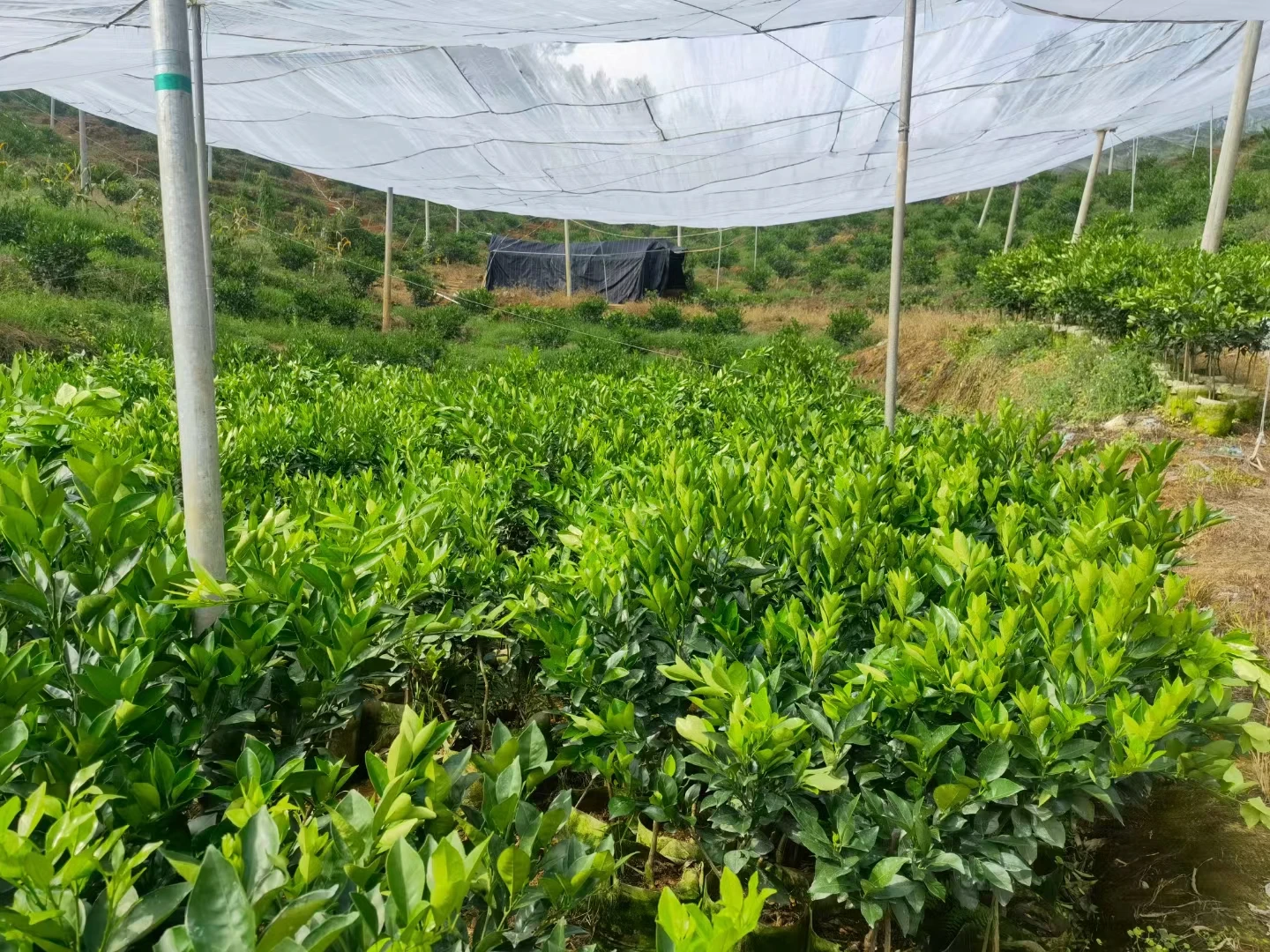-
 Afrikaans
Afrikaans -
 Albanian
Albanian -
 Amharic
Amharic -
 Arabic
Arabic -
 Armenian
Armenian -
 Azerbaijani
Azerbaijani -
 Basque
Basque -
 Belarusian
Belarusian -
 Bengali
Bengali -
 Bosnian
Bosnian -
 Bulgarian
Bulgarian -
 Catalan
Catalan -
 Cebuano
Cebuano -
 China
China -
 Corsican
Corsican -
 Croatian
Croatian -
 Czech
Czech -
 Danish
Danish -
 Dutch
Dutch -
 English
English -
 Esperanto
Esperanto -
 Estonian
Estonian -
 Finnish
Finnish -
 French
French -
 Frisian
Frisian -
 Galician
Galician -
 Georgian
Georgian -
 German
German -
 Greek
Greek -
 Gujarati
Gujarati -
 Haitian Creole
Haitian Creole -
 hausa
hausa -
 hawaiian
hawaiian -
 Hebrew
Hebrew -
 Hindi
Hindi -
 Miao
Miao -
 Hungarian
Hungarian -
 Icelandic
Icelandic -
 igbo
igbo -
 Indonesian
Indonesian -
 irish
irish -
 Italian
Italian -
 Japanese
Japanese -
 Javanese
Javanese -
 Kannada
Kannada -
 kazakh
kazakh -
 Khmer
Khmer -
 Rwandese
Rwandese -
 Korean
Korean -
 Kurdish
Kurdish -
 Kyrgyz
Kyrgyz -
 Lao
Lao -
 Latin
Latin -
 Latvian
Latvian -
 Lithuanian
Lithuanian -
 Luxembourgish
Luxembourgish -
 Macedonian
Macedonian -
 Malgashi
Malgashi -
 Malay
Malay -
 Malayalam
Malayalam -
 Maltese
Maltese -
 Maori
Maori -
 Marathi
Marathi -
 Mongolian
Mongolian -
 Myanmar
Myanmar -
 Nepali
Nepali -
 Norwegian
Norwegian -
 Norwegian
Norwegian -
 Occitan
Occitan -
 Pashto
Pashto -
 Persian
Persian -
 Polish
Polish -
 Portuguese
Portuguese -
 Punjabi
Punjabi -
 Romanian
Romanian -
 Russian
Russian -
 Samoan
Samoan -
 Scottish Gaelic
Scottish Gaelic -
 Serbian
Serbian -
 Sesotho
Sesotho -
 Shona
Shona -
 Sindhi
Sindhi -
 Sinhala
Sinhala -
 Slovak
Slovak -
 Slovenian
Slovenian -
 Somali
Somali -
 Spanish
Spanish -
 Sundanese
Sundanese -
 Swahili
Swahili -
 Swedish
Swedish -
 Tagalog
Tagalog -
 Tajik
Tajik -
 Tamil
Tamil -
 Tatar
Tatar -
 Telugu
Telugu -
 Thai
Thai -
 Turkish
Turkish -
 Turkmen
Turkmen -
 Ukrainian
Ukrainian -
 Urdu
Urdu -
 Uighur
Uighur -
 Uzbek
Uzbek -
 Vietnamese
Vietnamese -
 Welsh
Welsh -
 Bantu
Bantu -
 Yiddish
Yiddish -
 Yoruba
Yoruba -
 Zulu
Zulu
High-Quality Fine Mesh Steel for Enhanced Durability and Versatile Applications
The Importance of Fine Mesh Steel in Modern Applications
In the realm of industrial materials, fine mesh steel has emerged as a critical component across various industries due to its versatile properties and applications. Made from thin strands of stainless steel or carbon steel woven together, fine mesh steel meshes offer durability, flexibility, and strength. This article explores the significance of fine mesh steel, its manufacturing processes, and its myriad applications that span construction, filtration, agriculture, and more.
Manufacturing Processes
The production of fine mesh steel involves several intricate processes that ensure the final product meets the required specifications. Typically, the process begins with selecting high-quality steel wires that are either stainless or carbon-based, depending on the desired characteristics of the final mesh. The wires are then woven into a mesh pattern, which can vary in terms of the size of the openings and thickness of the wire.
The weaving techniques used can include plain weave, twilled weave, or Dutch weave, each providing a different balance of strength, filtration capability, and flexibility. In addition to traditional weaving methods, advancements in technology have led to the development of automated machinery that increases precision and efficiency, allowing for faster production without compromising quality.
Properties of Fine Mesh Steel
Fine mesh steel is well-regarded for its unique properties. Its high tensile strength makes it ideal for applications that require robust support and durability. Moreover, the fine openings in the mesh allow for effective filtration while maintaining airflow, making it a popular choice in environmental filtering systems.
Corrosion resistance, especially in the case of stainless steel meshes, adds another layer of advantage, making fine mesh steel suitable for applications in harsh environments, including chemical processing and marine settings
. The lightweight nature of fine mesh steel further contributes to its versatility, as it can be easily manipulated and installed in various configurations.fine mesh steel

Applications Across Industries
The applications of fine mesh steel are numerous and diverse, showcasing its adaptability across different sectors
1. Construction In the construction industry, fine mesh steel is used in safety barriers and reinforcement for concrete structures. Its ability to provide support while allowing drainage is crucial in various applications, including retaining walls and temporary structures.
2. Filtration One of the most common applications of fine mesh steel is in filtration systems. It is used in water purification, air filters, and industrial processes where separation of solids from liquids or gases is essential. Its fine openings allow for the removal of particulates, ensuring high-quality outputs in both water and air cleaning processes.
3. Agriculture Fine mesh steel is also utilized in agricultural settings to create protective enclosures for crops and livestock, as well as in developing efficient irrigation systems. The durability of the material makes it suitable for outdoor use, where it can withstand environmental stress.
4. Food Processing In food manufacturing, fine mesh steel is used in the production of various equipment, including sieves and strainers. Its non-reactive nature ensures that food safety standards are met, while its ability to withstand cleaning processes ensures longevity.
Conclusion
Fine mesh steel is an essential material in modern industrial applications, providing strength, durability, and versatility across numerous sectors. From construction to filtration and agriculture, its unique properties make it an invaluable resource that supports innovation and efficiency in various processes. As technology continues to advance, the demand for fine mesh steel is likely to grow, highlighting its significance in the evolving landscape of industrial materials.
-
Shipping Plastic Bags for Every NeedNewsJul.24,2025
-
Safety Netting: Your Shield in ConstructionNewsJul.24,2025
-
Plastic Mesh Netting for Everyday UseNewsJul.24,2025
-
Nylon Netting for Every UseNewsJul.24,2025
-
Mesh Breeder Box for Fish TanksNewsJul.24,2025
-
Expanded Steel Mesh Offers Durable VersatilityNewsJul.24,2025











